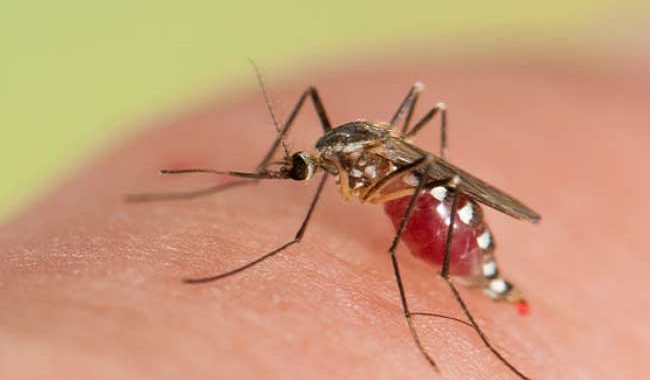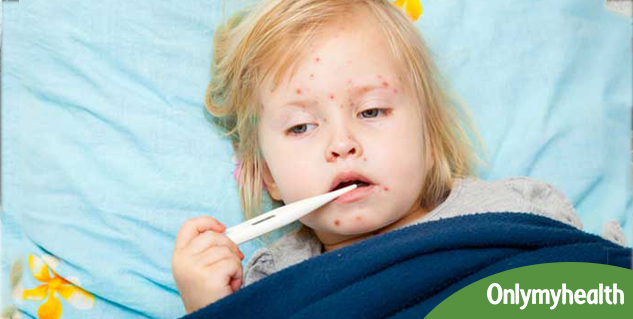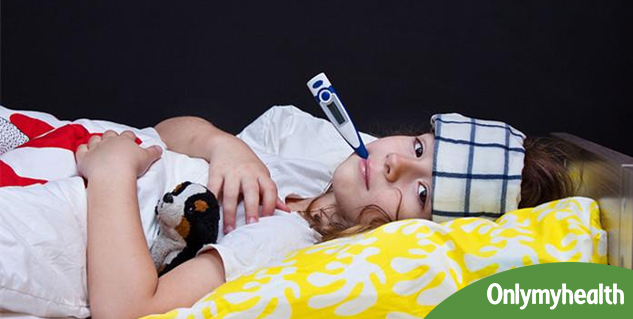
You must have noticed that since the past few decades, the fever of dengue has been on the high-rise in India. Also, several other states in the country are drastically affected by it. Dengue fever is a continuous threat to the population which kills approximately twenty-thousand people every year. It breeds in still water in various cities that get collected at the end of summer.
Dengue is spread by the Aedes mosquito. You could notice it's several signs and symptoms within four to seven days, (most probably after the bite of the infected mosquito). Also, there are several forms of dengue, known as:
- Dengue hemorrhagic fever
- Dengue shock syndrome
You could be shocked to know that dengue shock syndrome could also lead to death within twenty-four hours.

Dengue infection can vary from mild to acute illness. In most people, the symptoms of dengue fever start within 4-7 days after the bite of an infected mosquito. Symptoms of Dengue fever in adults, as well as children, are difficult to identify as they are similar to symptoms of malaria and typhoid fever. It might become a challenge for some to recognize signs of dengue fever.
Symptoms of Dengue Fever:
- Abrupt onset of high fever which may be up to 105ºF
- A severe headache
- Severe joint and muscle pain
- Retro-orbital pain: pain behind the eyes. It may worsen even with the slightest movement of the eyes
- Nausea and vomiting
- Measles: Rashes may start over the torso and extend to upper and lower limbs. Rashes may spread from the chest to the arms, legs and face
Also Read: How does Dengue affect women during pregnancy?
These symptoms may disappear after a few days. These types of symptoms only occur at an early stage, but dengue could progress into a more severe form: Dengue Shock Syndrome and Dengue Hemorrhagic Fever. These are rare complications of dengue, but they are life-threatening. A person suffering from dengue hemorrhagic fever may experience:
- Damaged blood vessels – leakage of fluid from the blood vessels
- Nose bleeding and bleeding from the mouth, skin and gums
- This bleeding may lead to purple/ish bruises. If in some cases, symptoms of dengue fever resolve, signs of circulatory failure develop which can rapidly progress to severe shock, which could lead to death
The most severe type of dengue is dengue shock syndrome, symptoms of which include:
- Severe bleeding from the nose, mouth, and skin
- Extremely low blood pressure due to shock
- Leakage of fluid outside blood vessels
- Some of the other symptoms which are common in both the types are:
- Clammy, cold or pale skin
- Bleeding while vomiting
- Red spots or patches on the skin
- Tiredness and sleepiness
- Severe and continuous stomach pain
- Breathing difficulty
- Confusion and seizures
Dengue shock syndrome could also lead to an organ dysfunction because of low blood pressure. The presence of these symptoms means that the patient must immediately be admitted to the hospital. It occurs only in about 5% of the dengue fever cases, but if you detect any such symptoms in the patient, you are advised to rush to the hospital as soon as possible. Dengue shock syndrome could lead to death within 24 hours.

Also Read: Understanding the co-relation between dengue fever and rash
Prevention
The bite of Aedes mosquito can be prevented by:
- Wearing long-sleeved clothes and long pants
- Keeping the windows closed around dawn and dusk to avoid the mosquito from entering the house
- Applying a synthetic chemical insecticide on your shoes and clothing using insect repellent. DEET insect repellent is available as liquids, lotions, and sprays. Apply 10-30 per cent DEET insect repellent on your exposed skin. Choose the concentration of DEET insect repellent depending on the hours of protection you need. A higher level of DEET gives you more extended protection
- The mosquito that transmits dengue infection lives indoor and is found in dark, cool places like in closets, under beds, behind curtains, and in bathrooms. Use flying-insect spray to kill mosquitoes in these areas
- Using flying-insect spray in sleeping area to kill mosquitoes
- If you use a mosquito net, prefer one treated with insecticide
- Removing standing water from places where mosquitoes can breed like gutters, old tires, buckets, plastic covers or any other container
- Clear and change the water in coolers, pools, rain barrels, and potted plant trays at least once a week to eliminate possible mosquito habitats
- Regularly treat and circulate the water in the swimming pool







